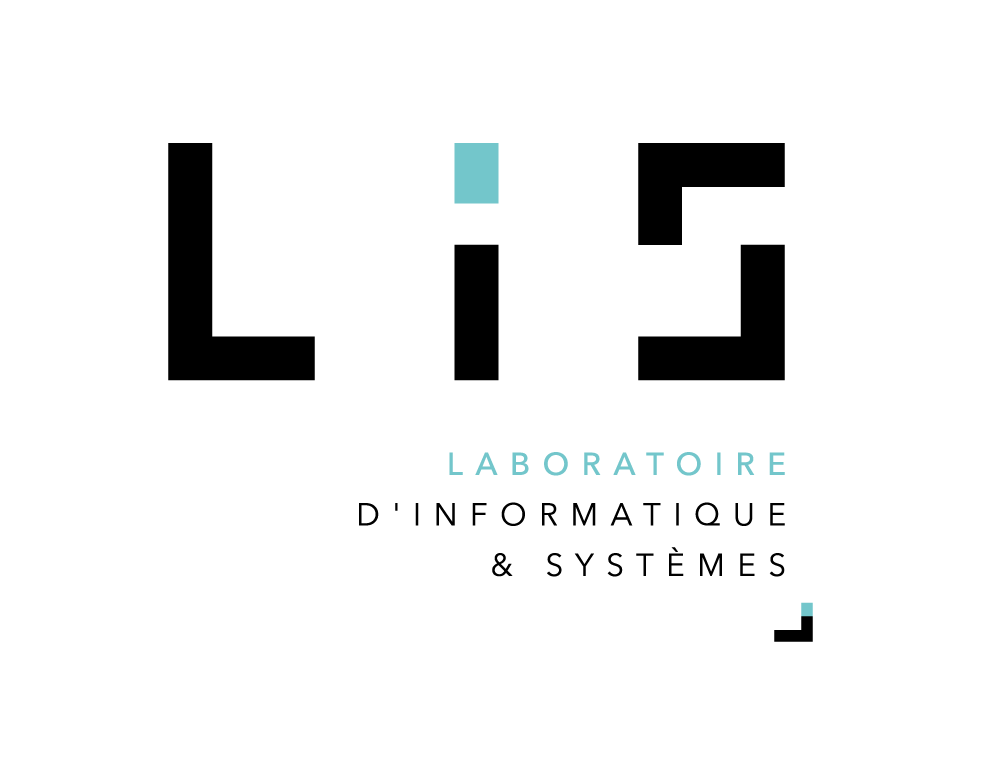Machine learning techniques applied to in-silico pulse wave velocity estimation based on photoplethysmographic signals
Résumé
Carotid femoral pulse wave velocity (cf-PWV) is the gold standard measurement of arterial stiffness that has been recognized as an effective biomarker of cardiovascular disease (CVD) risk. Although reliable and accurate, the reference method for measuring cf-PWV is time-consuming and requires
the intervention of a qualified practitioner. Photoplethysmograpy (PPG) is a non-invasive cost effective technology that contains a multitude of information about the cardiovascular system. This paper aims to explore the potential of estimating cf-PWV through PPG pulse wave analysis for large-scale CVD risk screening. This includes a comparative analysis involving two machine learning models and various sensor positions. A set of features
based on fiducial points extracted from in-silico PPG signals and their derivatives is used as an input for XGBoost and Support Vector Regression (SVR) models. These models are trained on simulated sensor positions, evaluated across different noise levels, and demonstrate comparable or superior performance compared to previous studies. The proposed method is deployable on a low-power embedded processor. Signals from the superficial
temporal artery position exhibit the best performance, achieving an R² of 1.00 and a root-mean-square error (RMSE) of 0.13.
The PPG signal combined with the proposed method shows promising potential for cf-PWV estimation particularly when using superficial temporal artery signals. These results motivate an in-vivo validation of the suggested method
| Origine | Fichiers produits par l'(les) auteur(s) |
|---|
